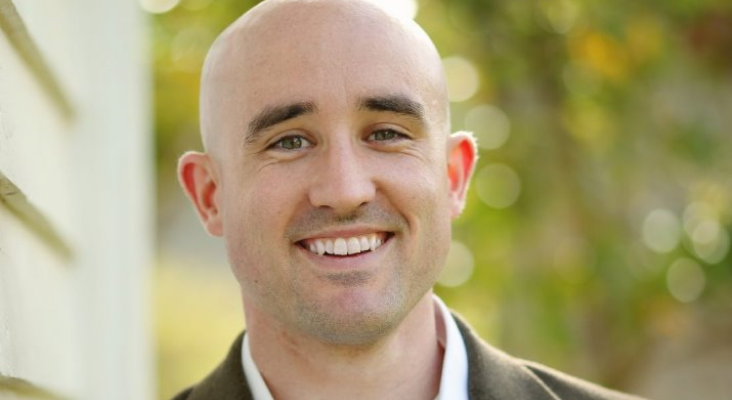I am 81 years old. I have a home mortgage balance of $118,300. I also have a $110,000 rollover individual retirement account (IRA) invested with a bank. Should I withdraw the money from my investment and put the money to lower the mortgage?
-Octavio
The best choice for you is going to depend on what the rest of your finances look like and what your ultimate goal is. Regardless of why you are asking this question, I think you need to consider how much it could affect your cash flow as well as your flexibility to absorb unexpected expenses.
Consider these questions as you consider your next move. (Looking for help with a financial question? This tool can help match you with potential advisors.)
What Is Your Goal With This Decision?
Consider what made you ask this question in the first place. The optimal choice for you depends in part on your own personal “why.”
- Do you want to do whatever is going to result in the highest financial return? In that case, this is more of a math problem. Comparing the interest rate on your mortgage with the return you can expect on your investments – and the associated risks – will be a key element.
- Are you wanting to simplify things? If so, and you can get rid of the mortgage entirely, this would certainly do that. You’d remove two accounts with the associated payments, withdrawals and tax-filing implications of both. I get it – I have made decisions that weren’t strictly justifiable on a spreadsheet because they would reduce complexity for me.
- Do you have concerns about your heirs? I’ve had conversations with retirees who didn’t want to leave their beneficiaries with an unpaid mortgage out of concern that they might not be able to keep the house. If that’s part of what is driving you, talk with an advisor and attorney about planning your estate. They will help you understand your options and be able to guide you.
These are just some examples of common reasons you may be thinking about this. My point in bringing them up is to suggest that you should first solidify for yourself why you are considering it and what you hope to achieve. This is a necessary step for making a proper choice. (Looking for help with a financial question? This tool can help match you with potential advisors.)
What Is the Immediate Impact on Your Budget and Cash Flow?
Whatever your reason is, make sure you don’t leave yourself without sufficient liquid assets.
Do you take regular withdrawals from the IRA and use the money as part of your ordinary budget? If so, how would depleting the IRA impact your cash flow? Do those withdrawals cover an appreciable amount of your spending?
One thing that sticks out to me about this particular point in your situation is that withdrawing the entire balance wouldn’t completely eliminate the mortgage. You’d still have the payment but without the IRA to pay it.
Assuming this is a traditional tax-deferred IRA, you’d owe taxes on the full amount, so make sure to account for that. But even if we ignore the tax impact, you’d still owe about $8,300 on the mortgage. Would you be able to cover this amount from other savings to pay it off completely? If not, can you comfortably cover the payment until it’s paid off without the IRA to rely on? Whatever the case is, be sure you don’t back yourself into a financial corner where you have a mostly paid-off house but then struggle to keep up.
You may not rely on the IRA at all. If you can live comfortably on your Social Security, pensions or other savings, that’s great. It might be that you only take your required minimum distributions (RMDs) because you have to from the IRA and don’t need the money to get by. If that’s the case, of course, this is less of a concern.
I suggest that you carefully consider this idea and give it significant weight in your final decision. (Looking for help with a financial question? This tool can help match you with potential advisors.)
Next Steps
Consider what is making you ask this question, plus the cash-flow consequences and tax repercussions of withdrawing from your IRA. Those considerations will help inform your final decision.
Brandon Renfro, CFP®, is a SmartAsset financial planning columnist and answers reader questions on personal finance and tax topics. Got a question you’d like answered? Email AskAnAdvisor@smartasset.com and your question may be answered in a future column.
Please note that Brandon is not a participant in the SmartAdvisor Match platform, and he has been compensated for this article.
Find a Financial Advisor
- If you have questions specific to your investing and retirement situation, a financial advisor can help. Finding a financial advisor doesn’t have to be hard. SmartAsset’s free tool matches you with up to three vetted financial advisors who serve your area, and you can interview your advisor matches at no cost to decide which one is right for you. If you’re ready to find an advisor who can help you achieve your financial goals, get started now.
- Planning for retirement? Use SmartAsset’s Social Security calculator to get an idea of what your benefits could look like in retirement.
Photo credit: ©iStock.com/Inside Creative House, ©iStock.com/Dean Mitchell


